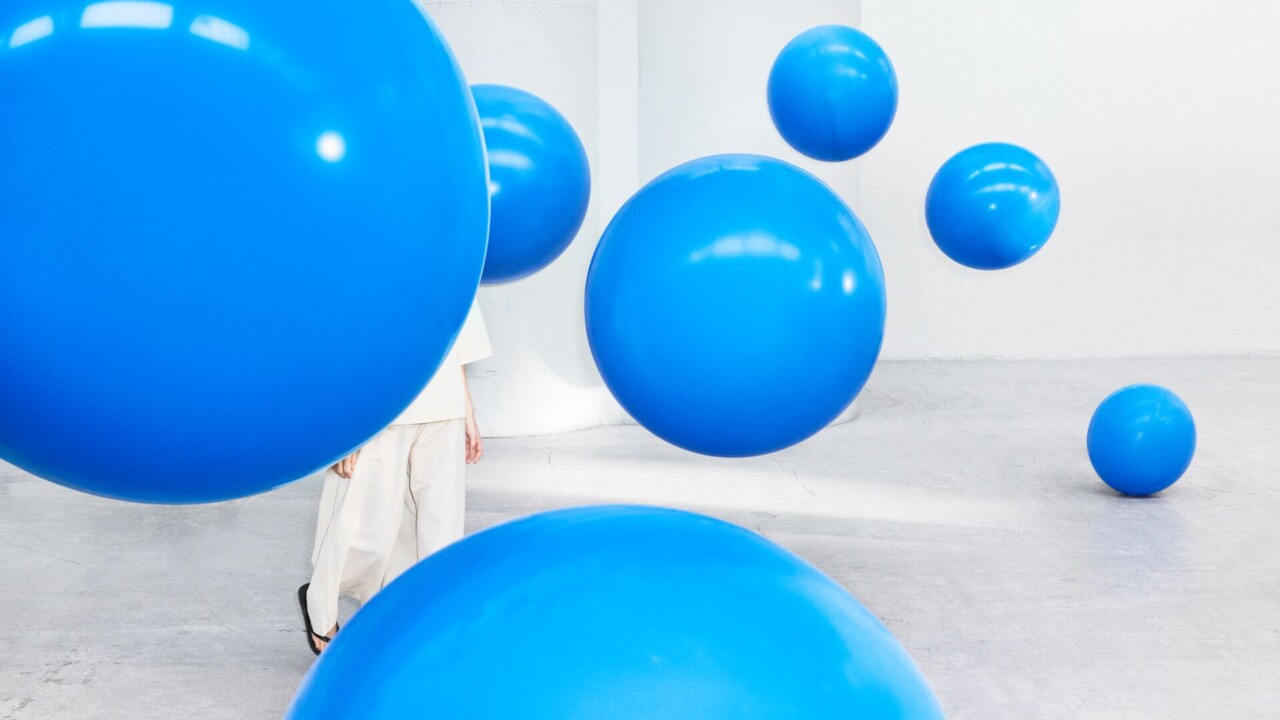
H&M looking for further big ideas
Early-stage innovatiors to be supported over the next year.

22nd May 2025
Innovation in Textiles
|
Stockholm, Sweden
H&M has just announced the ten winners of the Global Change Award 2025, who wil each receive €200,000 grants and join the year-long GCA Changemaker Programme.
The programme, delivered by H&M Foundation with strategic partners Accenture and KTH Royal Institute of Technology, supports these early stage companies with innovation coaching, systems thinking tools and leadership development to help bring their ideas closer to real-world impact.
Among this year’s winners is China’s DecoRpet which has developed a low-temperature process to remove nearly all dyes and impurities from polyester, delivering a 99.9% pure material for high-quality recycling – and cutting energy use by 30%.
Thermal Cyclones in the UK has developed electric heat pumps to replace outdated gas and oil steam boilers, reducing energy use by over 75%, while another UK company, Pulpatronics, is behind new recyclable, low-cost RFID tags made with carbon-based materials, eliminating metal and microchips while maintaining performance.
A third UK start-up, Loom, is a tech-powered platform connecting users with designers to upcycle unworn garments into one-of-a-kind pieces, diverting textile waste and supporting circular fashion in the process.
In Germany, CircularFabrics is extracting high-quality nylon from blended textile waste without breaking down the fibres, making circular nylon production possible using a process it calls Nyloop. This process is said to avoid depolymerisation while preserving fibre performance and is both scalable and portable,
Uncrude is a footwear sole material made by India’s A Blunt Story from agricultural waste, plant-based ingredients and recycled content and back in the UK, Brilliant Dyes is harnessing phycocyanin from cyanobacteria to produce biodegradable, non-toxic dyes through a low-energy process that supports a cleaner colour supply chain.

The Bangladesh-based Decarbonization Lab is an R&D hub pioneering low-emission dyeing, finishing and textile treatments and Sweden’s Renasens has created a waterless process with no harmful chemicals to recycle blended textiles without depolymerisation, maintaining fibre integrity and reducing microplastic pollution.
Finally, the Revival Circularity Lab based in Ghana is upcycling textile waste through transforming unsellable garments into new products through repair, design and local artisan training, extending textile lifespans while supporting community livelihoods.
“This year’s winners are not just solving problems – they’re rethinking the systems behind them,” says Annie Lindmark, programme director at the H&M Foundation. “Their ideas reflect the kind of early-stage innovation we need to unlock system-level change and remind us that transformation starts with brave and often uncertain steps.”

Business intelligence for the fibre, textiles and apparel industries: technologies, innovations, markets, investments, trade policy, sourcing, strategy...
Find out more